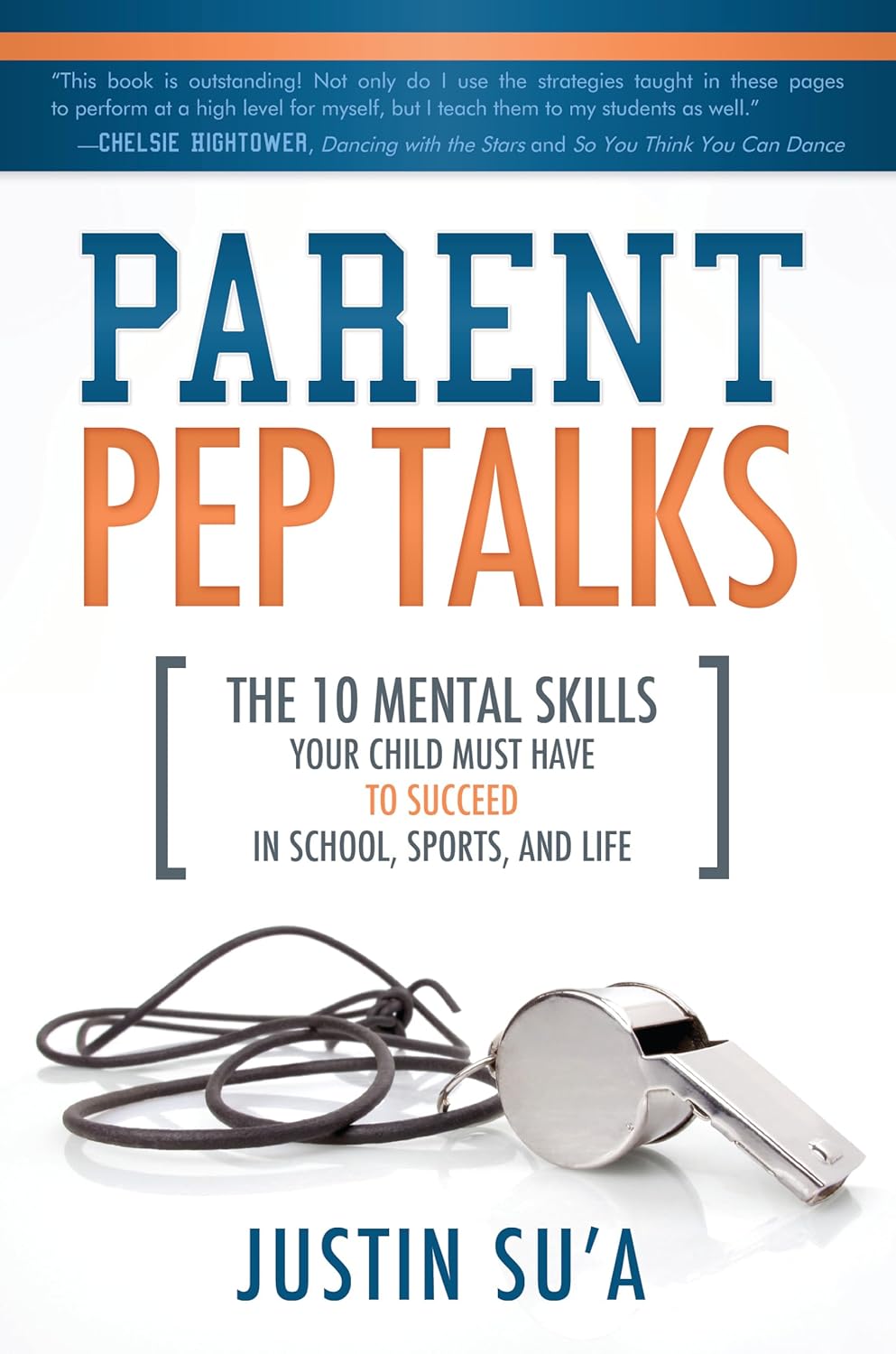Part 5 of 5 in our series on what college coaches look for at every position
Welcome to Part 5 and the final installment of our College Recruit Blueprint series. We’ve covered point guard, shooting guard, small forward, and power forward – and now we finish with the foundation of every great team: the center. This is where defense starts, where rebounding matters most, and where physicality and skill come together.
Throughout this series, we’ve used the same five-category framework to break down what college coaches look for at every position: Physical Requirements, Technical Skills (Offense and Defense), Basketball IQ, and Intangibles. Today we complete the blueprint with the anchor position – the center. If you protect the rim and dominate the glass, this breakdown will show you exactly what it takes to play the five at the college level.
POSITION 5: CENTER
The anchor – you protect the paint, dominate the boards, and set the foundation for everything your team does.
As a center, you’re the foundation of everything your team does. College coaches need someone who can protect the rim, dominate the glass, and set the tone with physicality. Modern centers also need skills – passing, free throw shooting, and ideally range out to three. But your primary job is simple: own the paint and anchor the defense.
1. Physical Requirements
Speed and quickness: Quick enough to hedge on screens; recover back to your man; run the floor in transition; switch when you have to
Strength and physicality: Built like a tank; body people in the post; seal for position; immovable object on defense; finish through any contact
Athleticism and explosiveness: Vertical to block shots and grab boards; quick off your feet; athletic enough to play above the rim; mobile for your size
2. Technical Skills (Offense)
Primary scoring responsibilities: Own the paint; finish at the rim; roll hard and catch lobs; post moves to score 1-on-1; offensive rebounds and put-backs
Shooting range and accuracy: Reliable free throw shooter (70%+); developing mid-range and three-point shot a huge plus; automatic from short range
Ball-handling requirements: Catch everything; soft hands on lobs and entry passes; face up and make a move if needed; don’t need much but can’t fumble
Passing and playmaking: Hit cutters from the high post; kick out to shooters when doubled; find the open man; be the hub in the offense
3. Technical Skills (Defense)
Primary defensive assignment: Guard the other team’s big; protect the rim at all costs; be the last line of defense
On-ball defense expectations: Lock down the post; contest every shot without fouling; hold your ground; switch when the scheme calls for it
Help defense and positioning: Erase mistakes; be the eraser on help side; contest everything at the rim; alter shots and block attempts
Rebounding responsibilities: Dominate the glass on both ends; box out every single time; own your area; start the break with outlets
4. Basketball IQ
Court awareness and vision: Know when to drop vs. hedge; read pick-and-roll coverages; anticipate where shots are going for boards
Decision-making under pressure: Know when to go up strong vs. kick out; don’t force it in traffic; make the simple play; protect the ball
Understanding of spacing and timing: Set solid screens; know when to roll vs. slip; don’t clog the paint; time your cuts to the rim
System/scheme knowledge: Master drop coverage and switching schemes; understand rotations; anchor the entire defense; communicate everything
5. Intangibles
Leadership qualities: Set the tone with physicality; protect your teammates; vocal leader in the paint; enforce with your presence
Communication skills: Run the defense from the back; call out everything; direct traffic; loudest voice on the court
Work ethic and coachability: Work on your touch and footwork; expand your range; improve your conditioning; never stop getting better
Mental toughness and competitiveness: Battle every possession; play through contact and fatigue; want to guard their best big; rim protector mentality
NBA COMPS

Elite tier: Nikola Jokic (point center, genius), Joel Embiid (dominant both ends), Victor Wembanyama (unicorn, does everything)
Defensive anchors: Rudy Gobert (rim protector), Bam Adebayo (switch everything, mobile), Jarrett Allen (lob threat + defense)
Modern bigs: Domantas Sabonis (old school + passing), Alperen Sengun (skilled post player), Chet Holmgren (stretch 5 who blocks shots)
The Foundation
Centers are the backbone of championship teams. College coaches know that you can’t win without someone who protects the rim and dominates the glass. Everything else flows from that foundation. If you’re giving up easy baskets at the rim and getting out-rebounded, nothing else matters.
The modern center needs to be skilled, but don’t lose sight of your primary responsibilities. Jokic is an incredible passer and scorer, but he’s also averaging double-digit rebounds. Embiid can do everything offensively, but he’s also protecting the rim. Gobert might not have offensive skills, but he’s a multiple-time Defensive Player of the Year who anchors championship-level defenses.
Study these players and find your role. Maybe you’re a skilled big who can pass and shoot. Maybe you’re a defensive anchor who changes every shot. Whatever your strength, own it and be elite at it. College coaches need centers who understand their value and play to their strengths.
Your Next Steps
Being a center at the college level means dominating your primary responsibilities first. Are you protecting the rim? Are you grabbing 10+ rebounds per game? Are you finishing everything at the rim? If you’re not doing those things at an elite level, that’s where you need to start.
Work on your conditioning. Centers who can run the floor and play 30+ minutes are invaluable. Get in the weight room and build the strength to battle in the paint every possession. Develop your footwork and post moves so you can score efficiently when you get the ball.
Most importantly, develop your free throw shooting. Centers who shoot 70%+ from the line can stay on the floor in crunch time. Get in the gym and shoot 100 free throws after every practice until your form is consistent.
Be the loudest voice on defense. Direct traffic, call out screens, and make sure everyone is in the right position. Centers who communicate and lead defensively are worth their weight in gold to college coaches.
You’re the anchor. The foundation. Everything your team does starts with you. Own that responsibility and dominate.
Centers are the backbone of championship teams. Without a dominant big who protects the rim and controls the glass, teams can’t win at the highest level. College coaches know this, which is why they value centers who embrace their role as the foundation. Be physical. Be relentless. Be the anchor your team can build around. The centers who make it to college are the ones who understand that their value isn’t always in the box score – it’s in the winning plays, the altered shots, the tough rebounds, and the leadership that sets the tone for everyone else.
Your blueprint is complete. Now go be unstoppable.
WRAPPING UP THE SERIES
We’ve now covered all five positions in the College Recruit Blueprint series. You know exactly what college coaches are looking for at every spot on the floor. But here’s what separates the players who make it from the ones who don’t – it’s not just about checking boxes on a list.
College coaches aren’t recruiting robots. They’re looking for hoopers who bring all five of these areas together: the physical tools, the technical skills on both ends, the basketball IQ that can’t be taught, and those intangibles that make you different.
The reality is this: you might not be the most athletic player at your position, or have the prettiest shot, but if you dominate in multiple categories and show that competitive fire every single day, coaches will notice. They’re looking for players who make their teammates better, who do the little things that don’t show up in the box score, and who have that hunger to keep getting better.
Use this framework to honestly evaluate where you’re at right now. Identify your strengths and lean into them, but don’t ignore your weaknesses – turn them into strengths through relentless work. Study the NBA comps at your position and learn from how they play. Watch film, ask questions, and be coachable. Most importantly, remember that getting to the college level isn’t just about talent – it’s about consistency, effort, and proving every single day that you belong.
The blueprint is in your hands. Now go put in the work.
Read the complete series:
- Point Guard [Link]
- Shooting Guard [Link]
- Small Forward [Link]
- Power Forward [Link]
- Center (You are here)
- [Back to Series Introduction]





